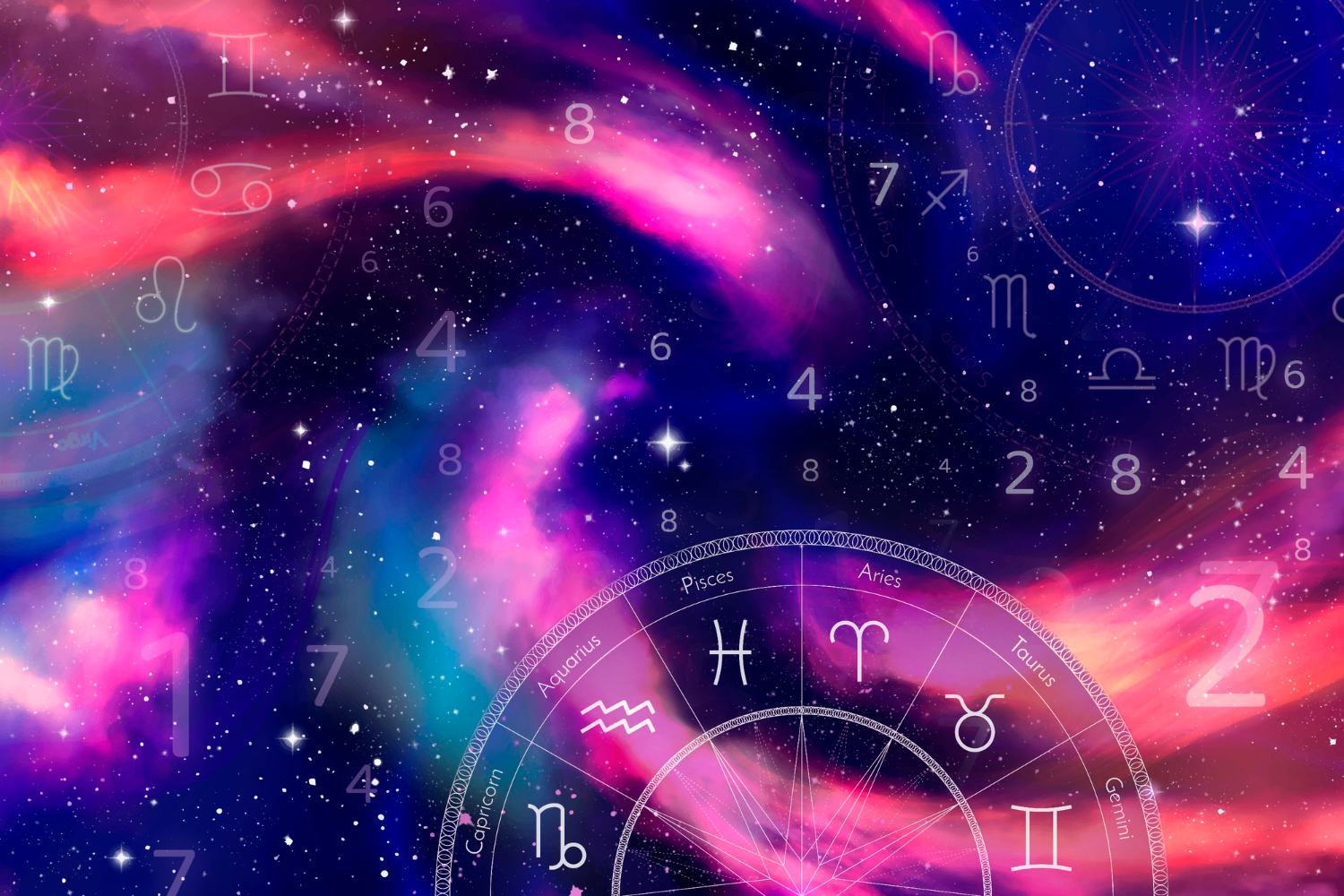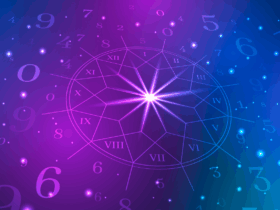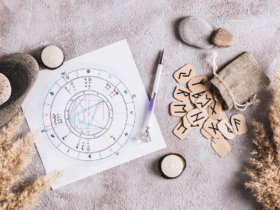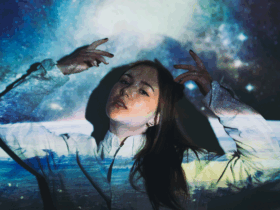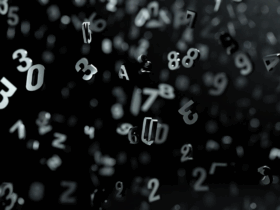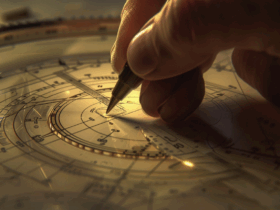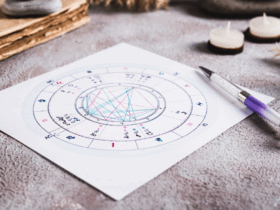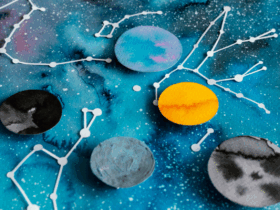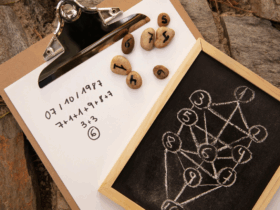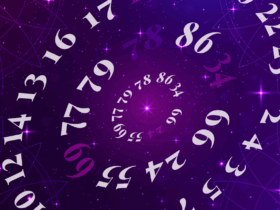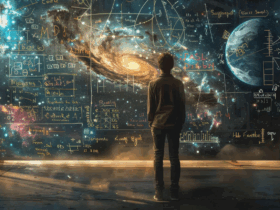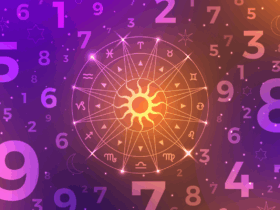Astro-Numerology, an amalgamation of astrology and numerology, has intrigued humanity for centuries with its claims of divining the future based on cosmic alignments and numerical significance. This fusion of celestial observations and numerical interpretations has purportedly provided insights into individual destinies and the course of life events.
At its core, astrology explores the influence of celestial bodies, such as planets and stars, on human affairs. Meanwhile, numerology delves into the mystical properties of numbers and their supposed resonance with the universe, assigning significance to birth dates, names, and other numerical sequences.
Proponents of Astro-Numerology assert that the positions of celestial bodies at the time of birth and the corresponding numerical values associated with names or dates of birth can provide a blueprint for an individual’s life journey. By decoding these cosmic cues, practitioners claim the ability to forecast major life events, opportunities, challenges, and even personality traits.
The alignment of planets in specific astrological houses and the correlations drawn from numerical interpretations are said to offer predictive insights. For instance, the placement of the sun, moon, and planets in particular zodiac signs during one’s birth is believed to shape one’s character traits and predispositions. Similarly, numerological calculations derived from birth dates or names are thought to unveil hidden patterns and forecasts about future events.

Proponents of Astro-Numerology often cite anecdotal evidence and personal testimonials to support their claims, highlighting instances where the interpretation of cosmic alignments and numerical patterns accurately predicted significant life events or guided decision-making processes.
Related: Words That Heal: The Numerological Impact of Positive Language
It’s important to note that Astro-Numerology lacks empirical scientific validation. Critics argue that the interpretations and predictions offered by this practice are highly subjective and lack empirical evidence or replicable methods. Skeptics view these practices as pseudoscience, attributing any perceived accuracy to chance or the human tendency to find patterns in random events.
In modern times, while Astro-Numerology remains popular among certain individuals seeking guidance or reassurance about their futures, its validity and reliability remain a subject of skepticism within the scientific community. Scientists emphasize the importance of critical thinking and empirical evidence in assessing the credibility of any predictive system.
In conclusion, Astro-Numerology continues to fascinate many individuals intrigued by the possibility of deciphering life’s mysteries through celestial configurations and numerical associations. Yet, despite its enduring popularity, the scientific community remains unconvinced of its predictive power, considering it more as a belief system rather than a scientifically validated method for forecasting life events. As with all forms of divination or predictive practices, individuals are encouraged to approach Astro-Numerology with a critical and discerning mindset.
